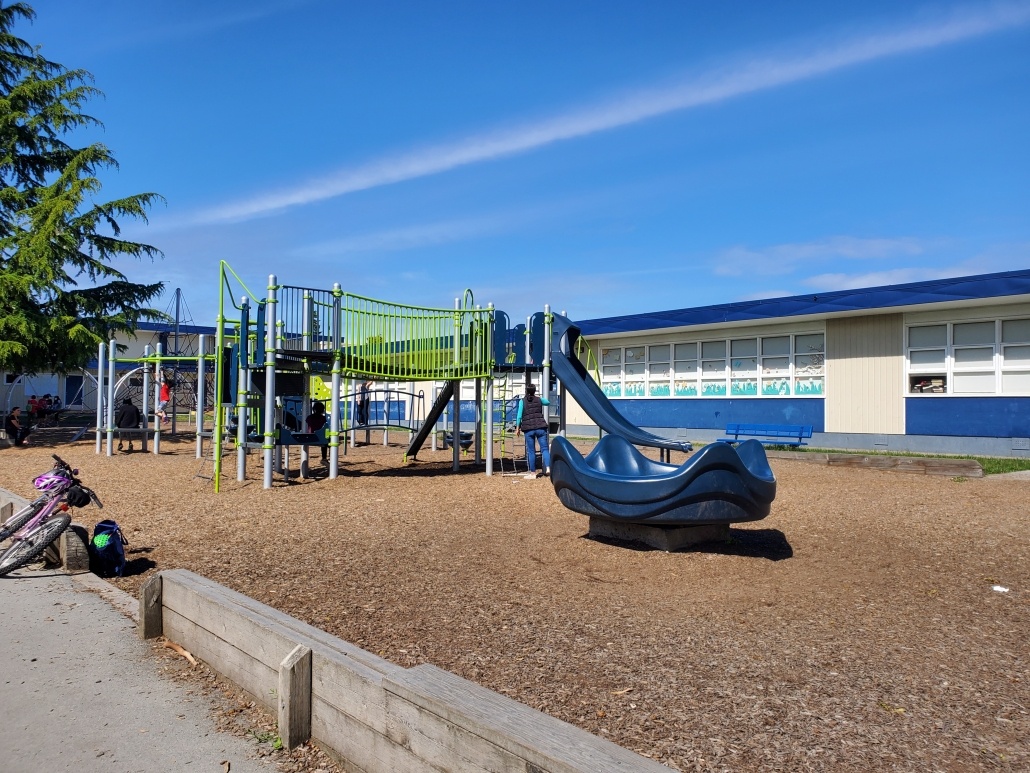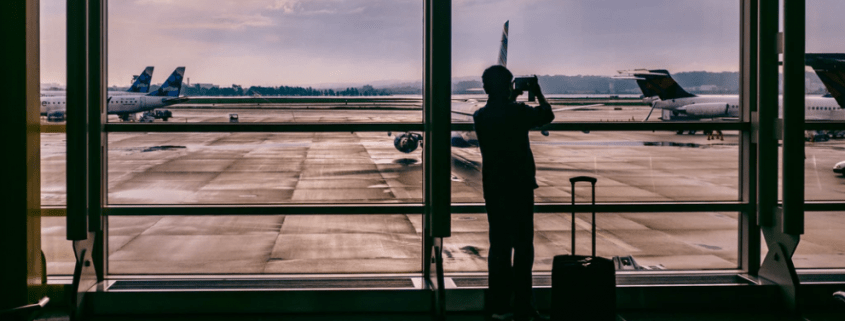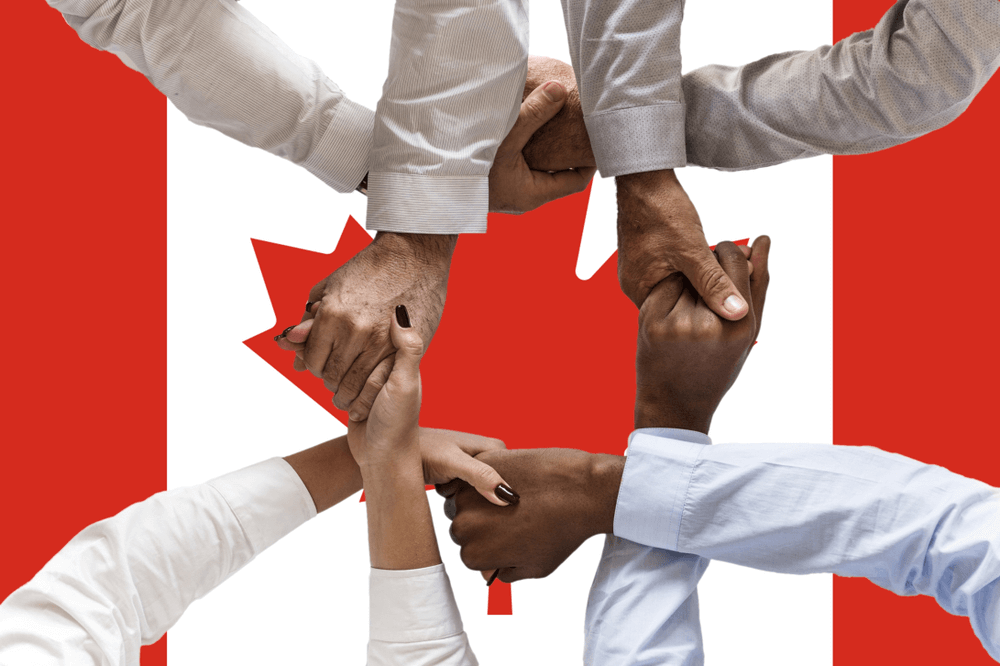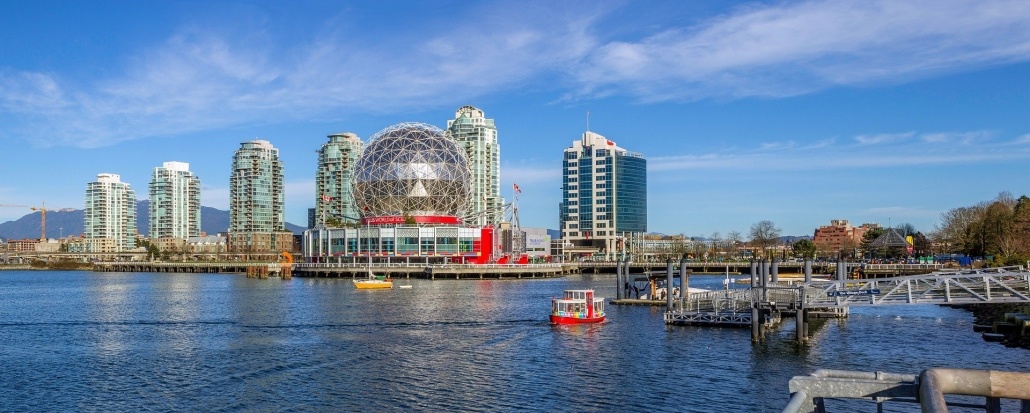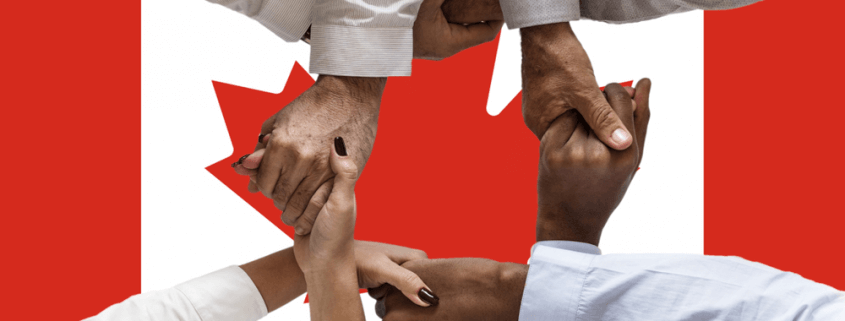It’s summer time in Canada and it’s also time for summer camps and student volunteer work! It’s also a fitting time to have our newest blog written by our summer student volunteer, detailing her views of summer camps in Vancouver and Calgary!
+++++++++++++++++++++++++++++++++++++++++++++++++++++++++++++++++++++
Hello, my name is Tiffany and I just turned 17 years old. My parents are Chinese immigrants, but I spent my entire life growing up in Canada. I lived in Calgary, Alberta for most of my life, then recently moved to the city of Vancouver. A great thing that I’ve learned about Canada, is that during the summer, there are these programs called summer camps for kids. I’ve had experiences with both summer camps in Calgary, and summer camps in Vancouver. These are courses where you can have the opportunity to learn something new or take on something fun for a short period of time – over the two months of summer break, by month, week, a whole day, mornings, afternoons, or even by hour. They range in a large variety of options from sports, acting, arts, academics and so much more. There are endless opportunities for kids in the summer. Besides just learning about something new or improving a certain skill, there are also many other benefits. – building friendships and social skills, staying physically active, and gaining teamwork and leadership skills.
So far my experiences in summer camps have all been very fun and memorable. I have always been able to learn something new while enjoying my time all at once. Every summer, my parents or I get to choose which courses I would be attending. One summer, I chose to participate in a cooking camp for kids . It was by far my most beloved experience of summer courses in Calgary. I remember each time I walked into the kitchen, I’d be delighted with the warm aroma of food. Our leader would start in front of the room to demonstrate the task and how the dish is made before we all split up into our teams and went to our stations. Through this experience, I gained insight about how to work together as a team, how to split up the jobs on who’s cooking, cleaning, or kneading the dough. After cooking camp, I found that I ended up working better as a teammate and became more efficient at work pacing and splitting things up. As an extra bonus, I also learned how to cook very well and make all kinds of amazing dishes. I take credit for my mint chocolate chip ice cream that in my opinion, is the best ice cream I’ve ever tasted. Ever since the cooking camp, I have been able to cook delicious foods and match flavours for my friends and family.

Tennis camp was also another great activity I had done over one summer. So much fun! This time to spice things up, I ended up inviting two of my closest friends to attend together. Along with my buddies, we would head to court with our group and instructors to play and learn for a few hours. I gained strong arm muscles and coordination skills from playing. I learned how to hit the ball accurately with my racket and move faster around the court. I found tennis kept me both active and socialized throughout the summer. I had plenty of fun, and after we would grab snacks and hangout. I highly recommend any kind of sports camp. Sports camps in Canada are very popular.
I must also mention that summer camps are also a great way to enhance and relive your hobbies. Some of my hobbies include theatre and public speaking. One of my recent camps was a theatre summer camp. I loved learning more on how theatre works, and being able to perform amazing acts as a group. In addition, because so many people shared a common interest, I was able to easily connect and make friends. Some of my funniest memories came from my experience there.
We truly are blessed to have so many options of summer camps in Canada. There seems to be endless possibilities of possible camps to attend and it is a time I look forward to every year. Whether it be trying out something new, learning or honing a skill, it’s easy for me to say that social interactions from camps are just as important and rewarding. And guess what? It’s summer in Vancouver right now and it’s time for me to head to camp…





